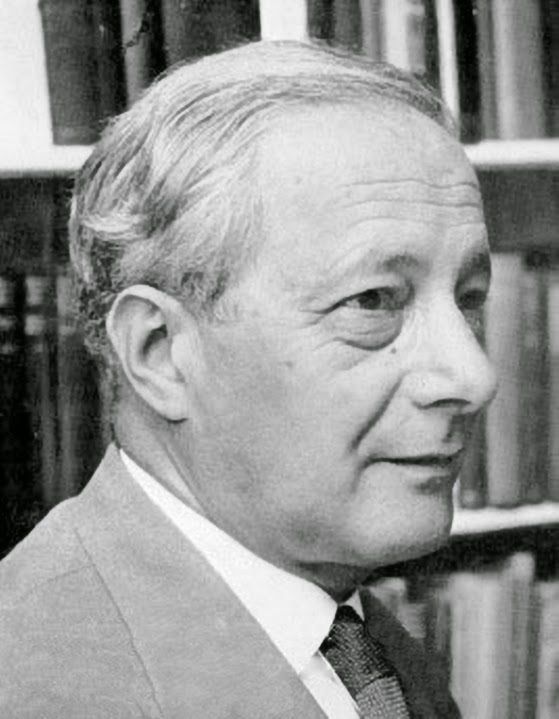 |
| Michael Polanyi wrote about physics and used big words. |
“It is a travesty of the scientific method to
conceive of it as a process which depends on the speed of accumulating evidence
presenting itself automatically in respect to hypotheses selected at random.” (Michael Polanyi, Personal Knowledge, Kindle 709.)
Polanyi points out that in the
scientific method, hypotheses do not arise objectively, but are created by
scientists. Tests of these hypotheses are also not random. A scientist who
tested random ideas with random tests would not be a good scientist. Thus, the
scientific method does not rest objectively on reason, but also on subjective
human judgment. (This is okay to Polanyi because personal knowledge is
legitimate.)
First, what do you think of
Polanyi’s critique of the scientific method? Is that a worldview-changer?




No comments:
Post a Comment